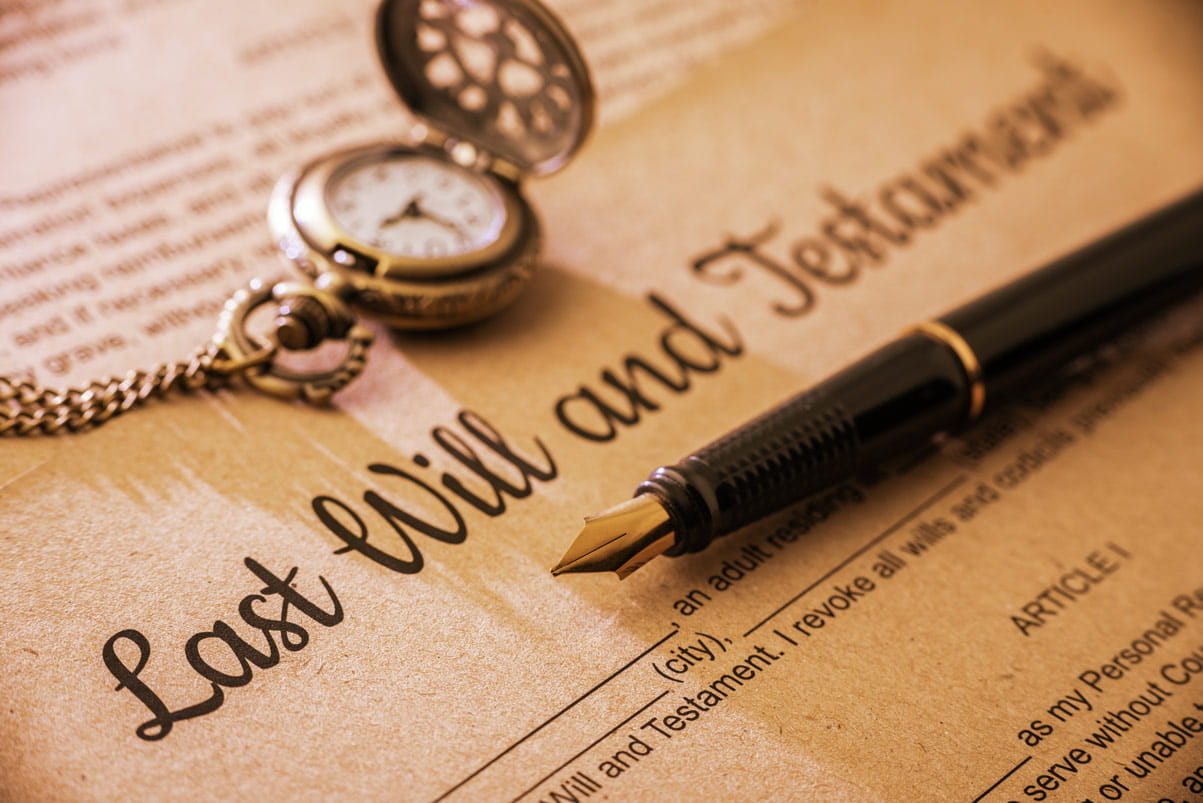
What are Will bequests?
Learn everything you need to know about the different types of Will bequests in our complete guide.

Learn everything you need to know about the different types of Will bequests in our complete guide.
Will bequests are specific gifts or assets left to individuals or organisations through a person’s Will. They can include money, property or personal items and are a way to ensure that your wishes are legally recognised after your passing.
Understanding how to structure and include bequests in your Will is crucial for effective estate planning, helping to provide clarity and peace of mind for you and your loved ones. In this guide, we look at the different kinds of bequests you can include in your Will and how to prevent potential disputes.
A Will is a legal document that specifies how you want your assets to be distributed after your death. A bequest, on the other hand, is a specific gift mentioned in your Will that you wish to leave to certain individuals or organisations, such as friends, family or charities. These gifts can range from cash and property to sentimental items like wedding rings or antiques.
When you write your Will, you’ll include bequests. You can have several bequests, and it’s important to be clear to help avoid any future disputes. Legal experts can guide you on how to write your Will with clarity.
First, list specific gifts like family heirlooms, jewellery, or sentimental items, clearly naming the recipient and describing each item clearly. Next, specify any cash gifts, stating exact amounts to individual beneficiaries. For the remainder of your estate, after paying all debts and specific bequests, outline how you want the residual assets distributed. This might mean dividing the total value equally among chosen beneficiaries like children or other relatives or allocating specific percentages to different people or charitable organisations.
The executor of your Will is responsible for distributing your bequests after probate has been granted. If your affairs are complex, it may be wise to instruct a legal professional to handle the process.
There are multiple types of Will bequests, each designed to suit different estate plans.
Please be aware that Inheritance Tax may be payable on the value of your estate upon your death. In your will, you can specify whether any non-residuary gift is to be given ‘free of inheritance tax’ or ‘subject to inheritance tax’. If a gift is made ‘free of tax’, the inheritance tax due on its value is paid from the residuary estate, reducing the inheritance received by the residuary beneficiaries. Conversely, if a gift is made ‘subject to inheritance tax’, the beneficiary of the gift is responsible for paying the tax on the value of the gift they receive.

We partner with Co-op Legal Services to offer advice and services for you and your family.
Your Will could be legally challenged if someone believes that you weren't mentally fit or were influenced by someone else while writing your Will.
Here are some ways to reduce the risk of disputes:
Whether you have questions about wills and estate planning or just want to find out more, the expert team are on hand to help.
Mon - Thu 9:00am - 7:15pm
Fri 9:00am - 6.15pm
Sat - Closed
Sun - Closed
Excluding bank holidays
Saga is a registered trading name of Saga Personal Finance Limited, which is registered in England and Wales (company number 3023493). Registered office 3 Pancras Square, London, N1C 4AG. Saga is not authorised or regulated by the Solicitors Regulation Authority (SRA). All legal services are provided by Co-op Legal Services. Co-op Legal Services is a trading name of Co-operative Legal Services Limited which is authorised and regulated by the SRA, under registration number 567391.



Learn everything you need to know about the different types of Will bequests in our complete guide.
.jpg?la=en&h=550&w=1440&hash=D75E80A351D1CBC72428B436C3C3EE4F)

Talk to an expert about your current needs and future wishes. Find out what legal plans you might want to make.



We partner with Co-op Legal Services to offer advice and services for you and your family.


Let’s make sure you have the right plans in place for you and your loved ones.